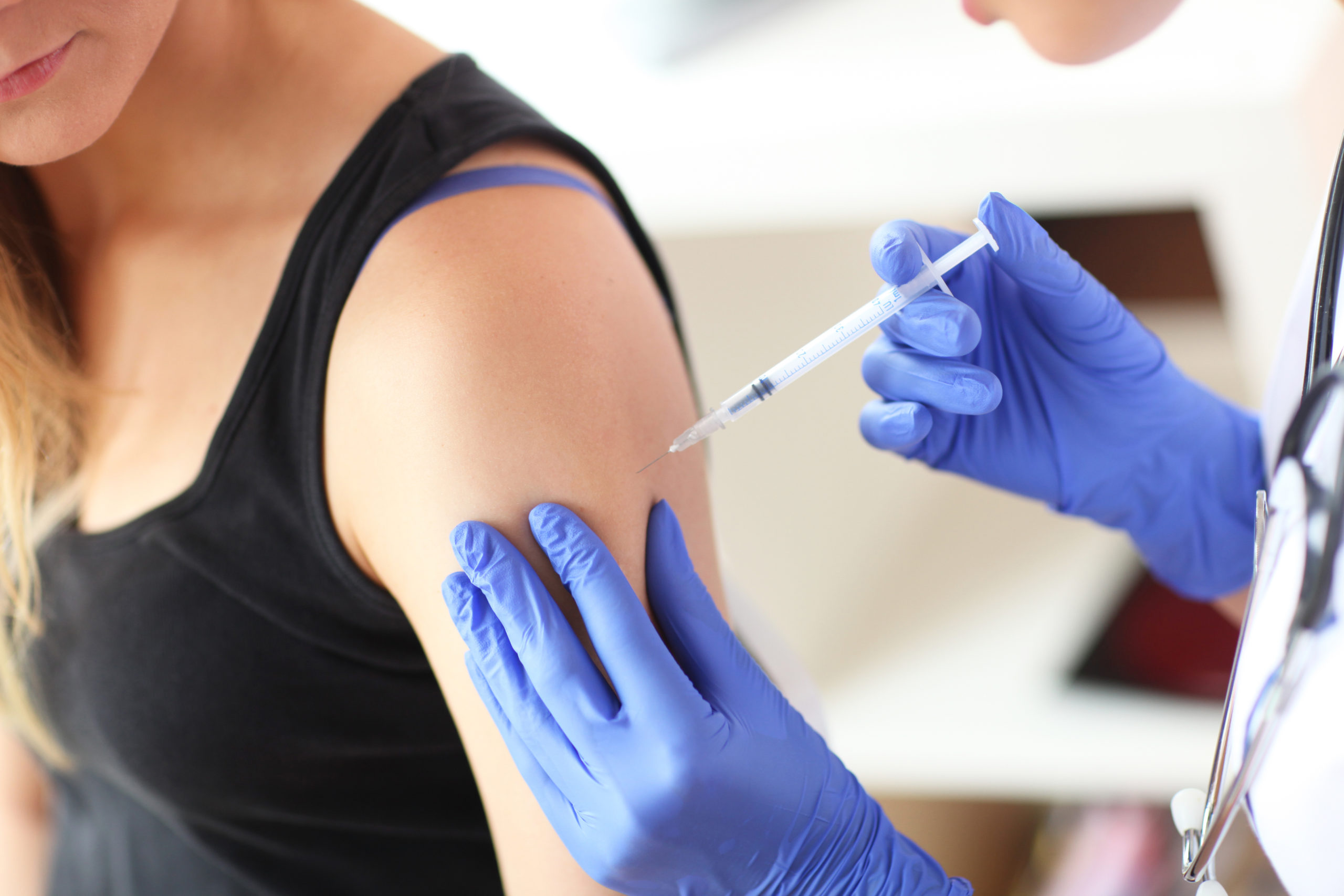Allergy
Shots
Why allergy shots?
-
- It is the optimal allergy treatment, particularly for patients with multiple environmental allergies. For most patients, completion of allergy shot treatment course removes the need for daily medications.
- Used for both environmental allergies (pollens, animal dander, dust mite, and mold) and stinging insect allergies.
- Significantly reduces nasal, eye, and respiratory symptoms.
How does it work?
-
- The injection is a small dose of the allergens that cause your symptoms.
- Desensitizes the patient so the body will tolerate the allergens that trigger symptoms.

How is it done?
-
- Patients start off with one injection per week. Over 6 to 8 months, increase intervals until the monthly maintenance dose is achieved.
- Allergy shots must be administered in the clinic for patient safety to ensure that adverse reactions can be promptly treated.
When will I feel better?
-
- Many patients notice improvements after 6 months, though some patients may take longer.
How long do I have to get shots?
-
- The average course of treatment is 3-5 years.
- The average course of treatment is 3-5 years.
What to expect for each allergy shot visit
-
- You must stay at the clinic for 30 minutes after your injection so we can monitor you for any symptoms of an allergic reaction.
- Common side effects vary from local redness, itching, and swelling; throat itching; congestion; sneezing; hives; wheezing.
- Possible side effect: anaphylaxis.
- We will treat your symptoms as necessary if they occur.
- Treatment of side effects can range from administering antihistamines, breathing treatments, and sometimes use of an EpiPen (in rare situations).
- Certain medications may interfere with allergy shot treatment. These include beta-blockers (e.g. Metoprolol) and ACE inhibitors (e.g. Lisinopril). If you are taking these medications, please inform our providers so we can adjust your treatment accordingly.

